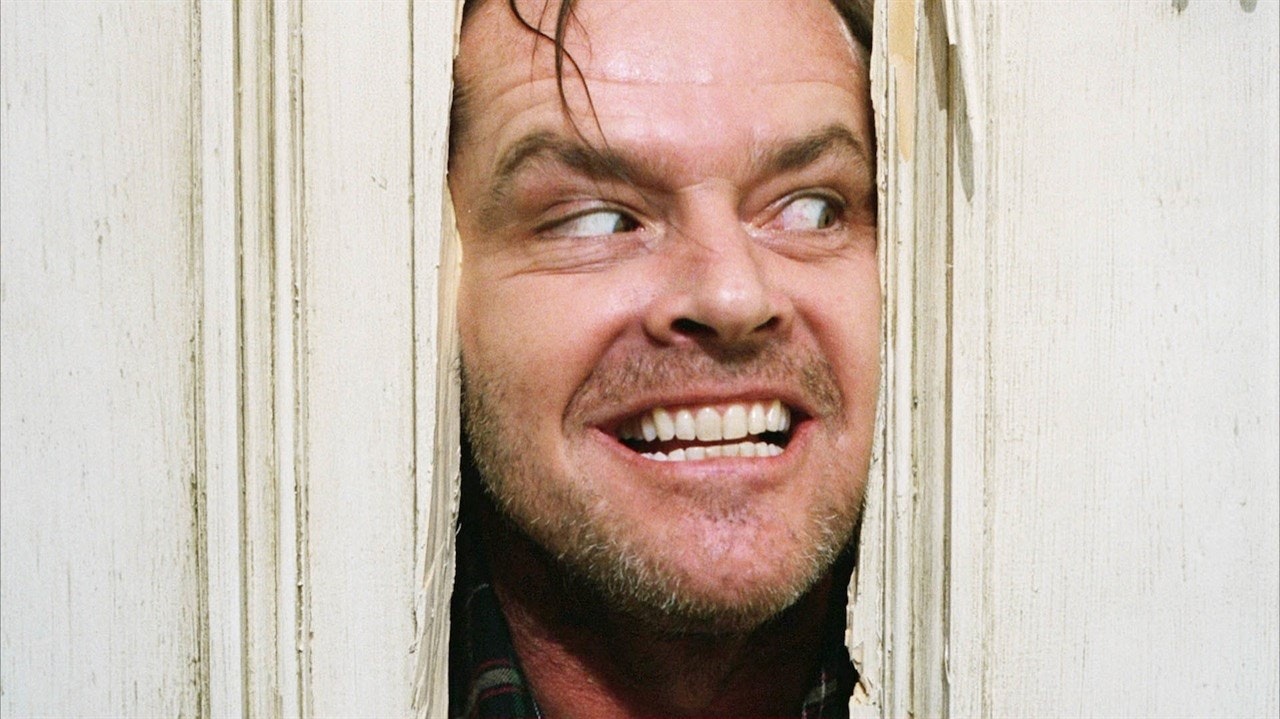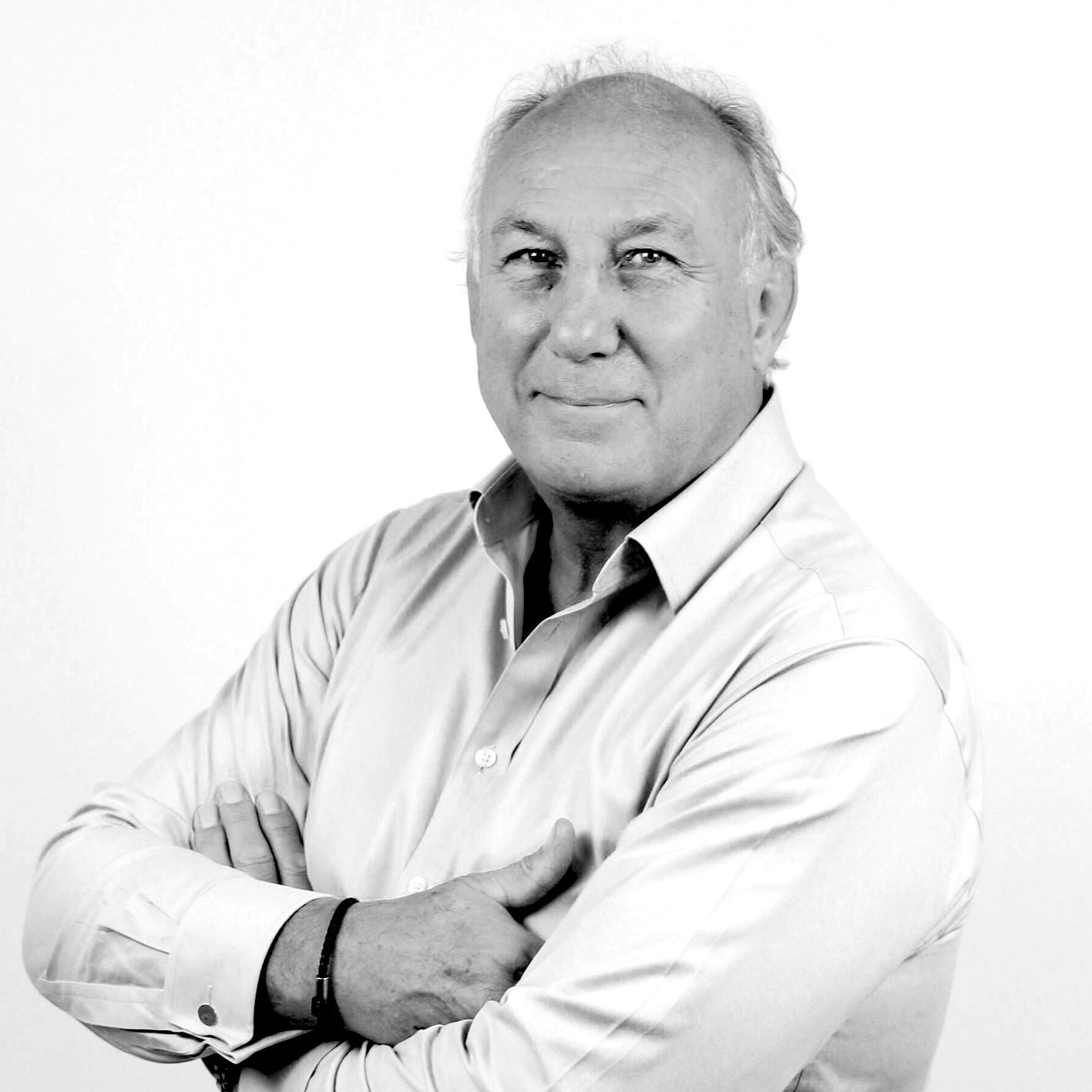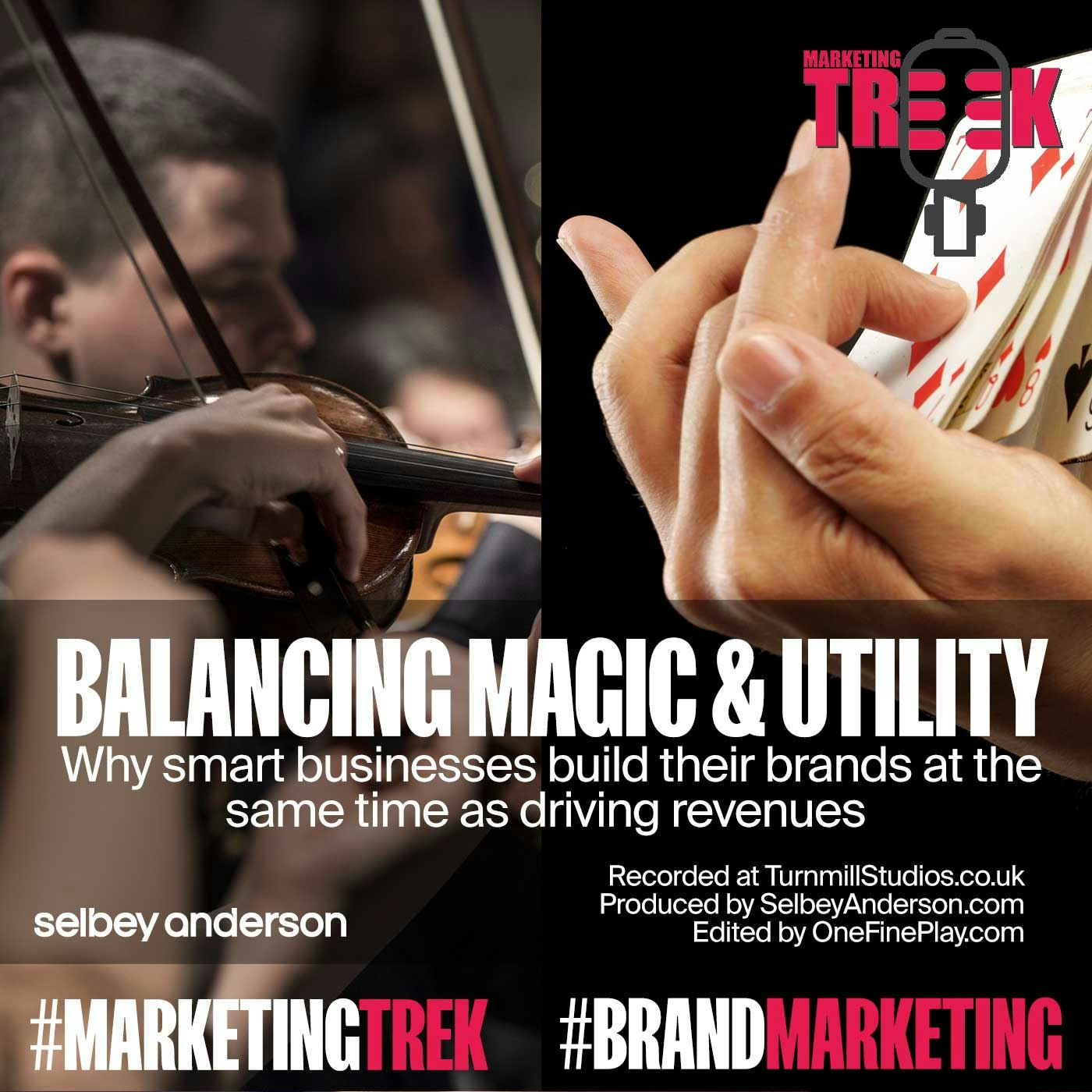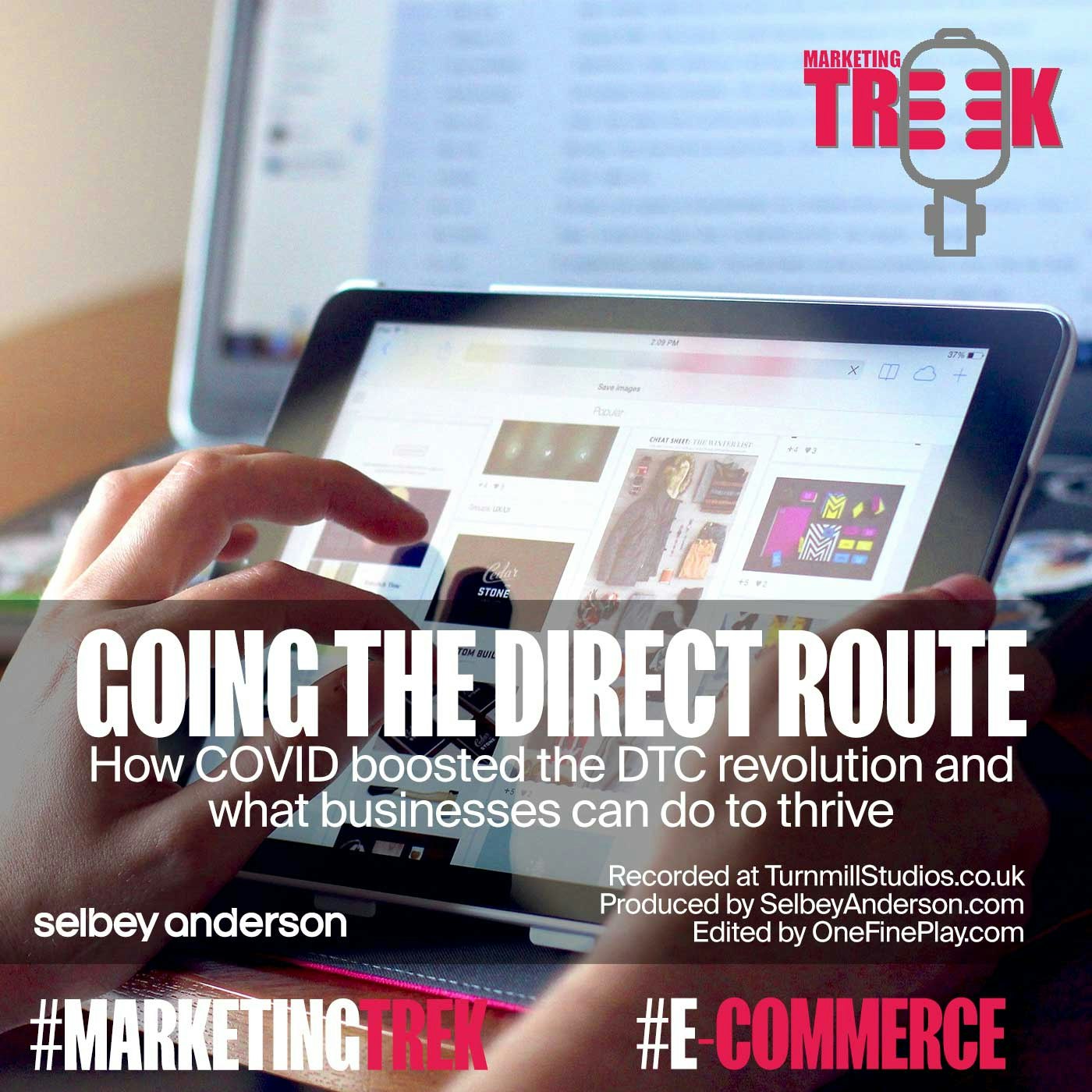‘70% of brands have considered, or are considering, an in-housing strategy’.
That was the most startling piece of information to emerge from a conference entitled ‘Campaign In-Housing Summit’, arranged and hosted by Campaign Magazine.
If the quantitative data doesn’t make you sit up and think, the qualitative data might as speakers from house-hold brands in financial services (Lloyds Banking Group), professional services (Allen & Overy), travel (Tui) and multiple consumer brands (Specsavers, LEGO, PepsiCo) all stood up to talk about their reasons for cancelling agency retainers and setting up an in-house agency.

And these aren’t small agencies either. Lloyds Banking Group’s in-house agency Beehive which works across Lloyds Bank, Halifax, Bank of Scotland and Scottish Widows, has grown from 30 staff to 50 since March 2021. By our reckoning, that’s equivalent to an agency billing £5m.
Before agency FDs start drawing up a list of candidates for redundancies, most speakers confirmed their reasons were not based on the need for cost-cutting.
In fact, there was no consensus of opinion about the reasons for in-housing which ranged from the need for more flexibility (wanting to ‘work with any partner we want to when we want to’), to ‘doing what was right for the brand’, ‘the need for speed’ or ‘greater agility’, or because of 'increased volumes of work'.
One speaker also highlighted how the increased complexity of his business was turning briefing agencies into an increasingly long-winded process with diminishing returns.
Only one speaker felt the need to set up an in-house capability due to declining standards of agencies – in his case, the standard of writing.
Of course, every brief given to an in-house agency is one less given to an external one, so you could argue that clients are now both eating our lunch and reducing the amount of business available. In the long run, you’d think this must drive down prices as demand drops.
Luckily, life is not quite so binary as that and the growth of in-house agencies does not mean the death of agencies per se, as every speaker admitted that they were continuing to use agencies on a regular basis.
Nearly all sung the virtues of adopting a blended or hybrid approach where agencies were used to complement their own teams.
It’s worth examining more closely why these brands choose to continue working with certain agencies as the reasons given could form the basis for a revised agency strategy; one that could help secure their long-term success.
Overflow agencies
Richard Warren from Lloyds Banking Group acknowledged he has to work with ‘overflow’ agencies who can take up the slack when his in-house team is overloaded.
Any agency hoping to position itself as an overflow agency will have to have an ultra-flexible business model so they can quickly scale up or down, and have access to a wide network of quality, trustworthy freelancers they can hire at short notice.
This may be a hard way to make a living but it could be lucrative too as any services required at short notice is usually premium priced (have you bought an airline ticket lately?).
Big ideas agencies
Claire Dormer from TUI acknowledged that they still use agencies to come up with ‘big ideas’. Hallelujah. Agencies billing themselves out as a ‘Big Idea’ agency will need to employ bright, curious people who know how to blend insight with creativity. (Err, isn’t that what most agencies do right now?)
Fresh thinking agencies
Richard Grove from Allen & Overy continues to work with agencies that offered ‘fresh thinking’. Other speakers used words like ‘bringing a different perspective’, ‘challenging us’ and 'leveraging their experience gained elsewhere’. Fresh thinking agencies will need to ensure their staff are confident, inquisitive, frequently rotated on new accounts, and continuously encouraged to learn. Shouldn’t be too difficult?
Niche or specialist agencies
The one thing the speakers all agreed on and acknowledged is the critical role niche or specialist agencies play in bringing in-depth skills or resources to their agencies, thereby plugging gaps in their skillsets or service offerings. High on these lists were data analysts, planners, creatives and strategists.
Any agency hoping to make a name for itself, as one speaker sagely noted, “will need to know what to sacrifice so as to know what they're best at. And then stick to that”.
In-housing is clearly here to stay as brands look for more ownership and greater flexibility. Agencies therefore should be looking at their specialist skill sets and understand where they fit into this evolving marketplace.
On reflection the title for this blog post probably needs qualifying. It should perhaps read ‘full-service agencies with average ideas be afraid. Be very afraid.’




